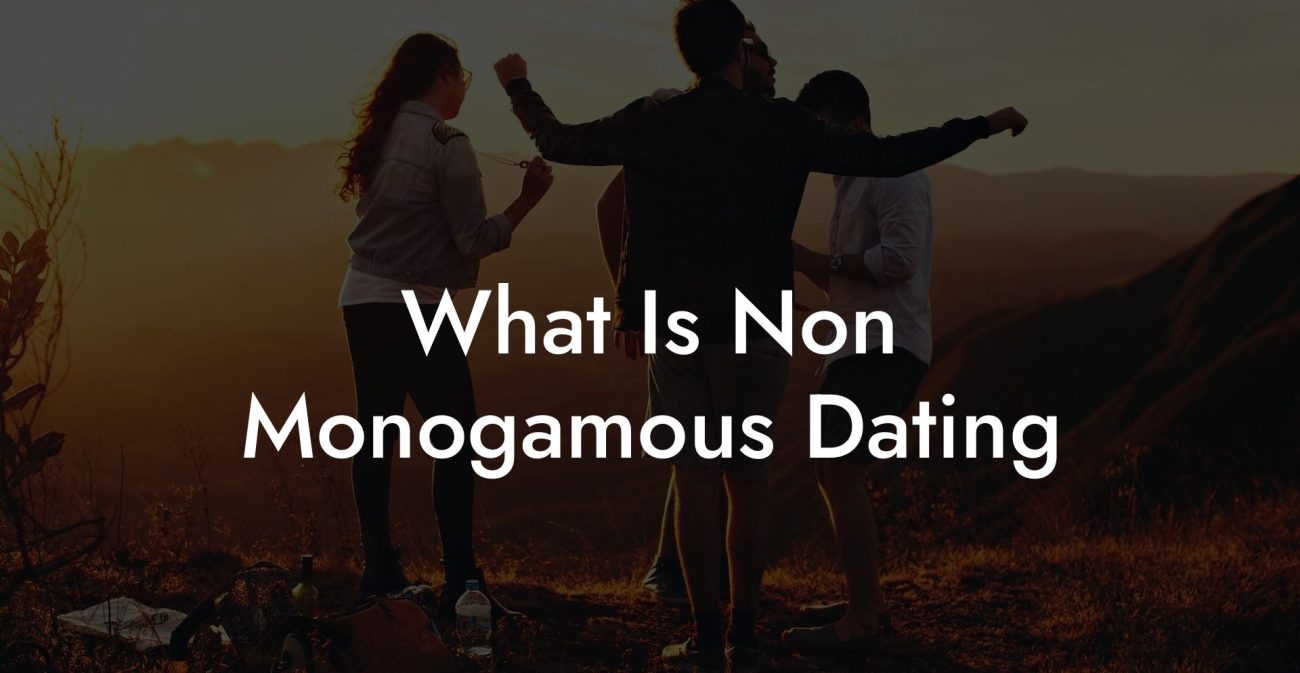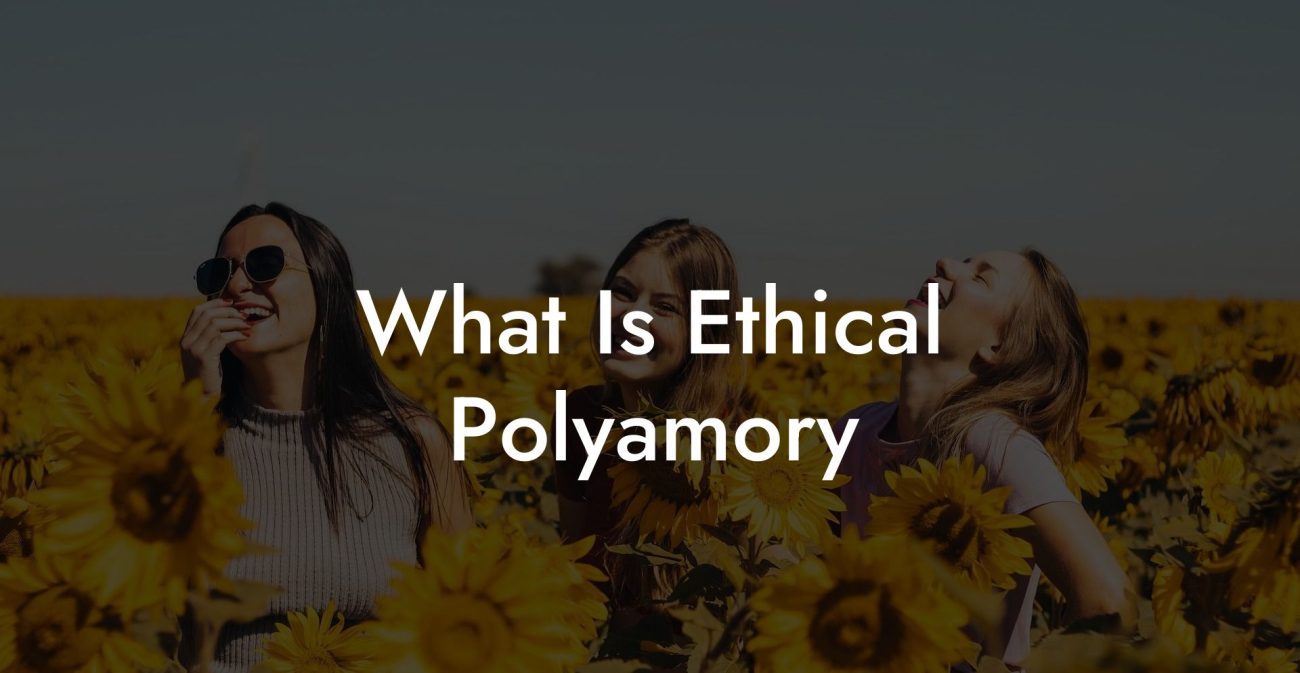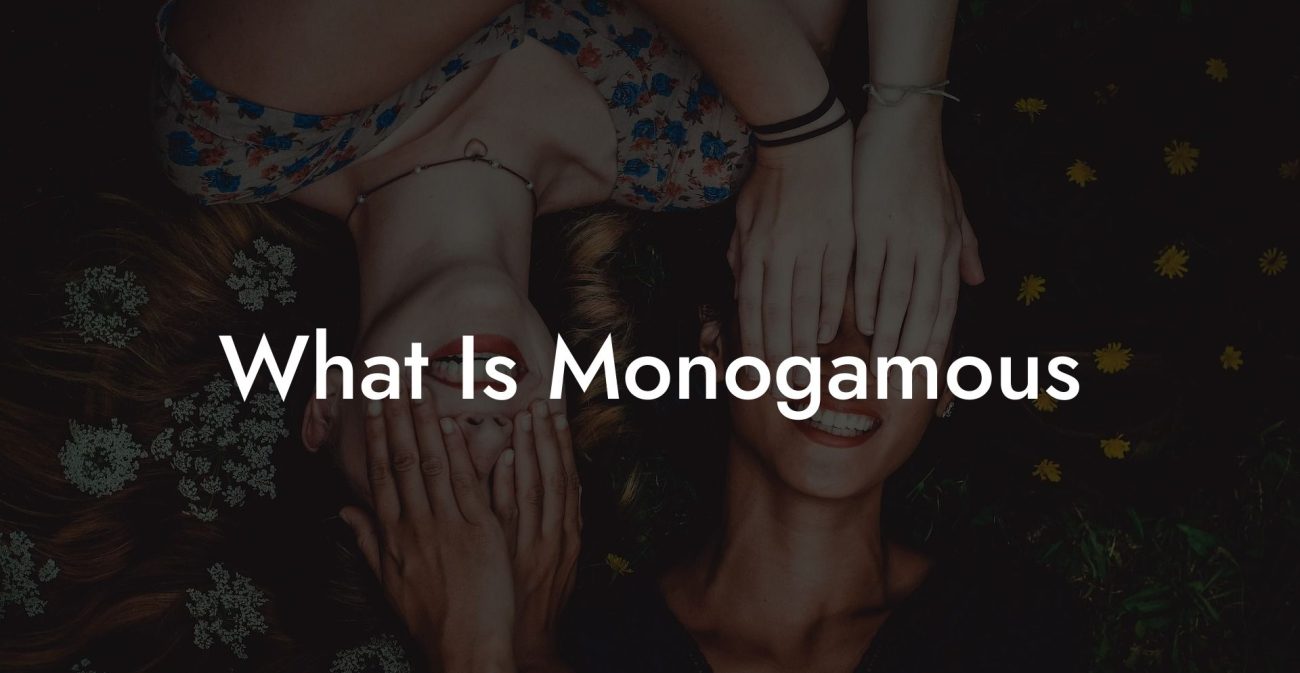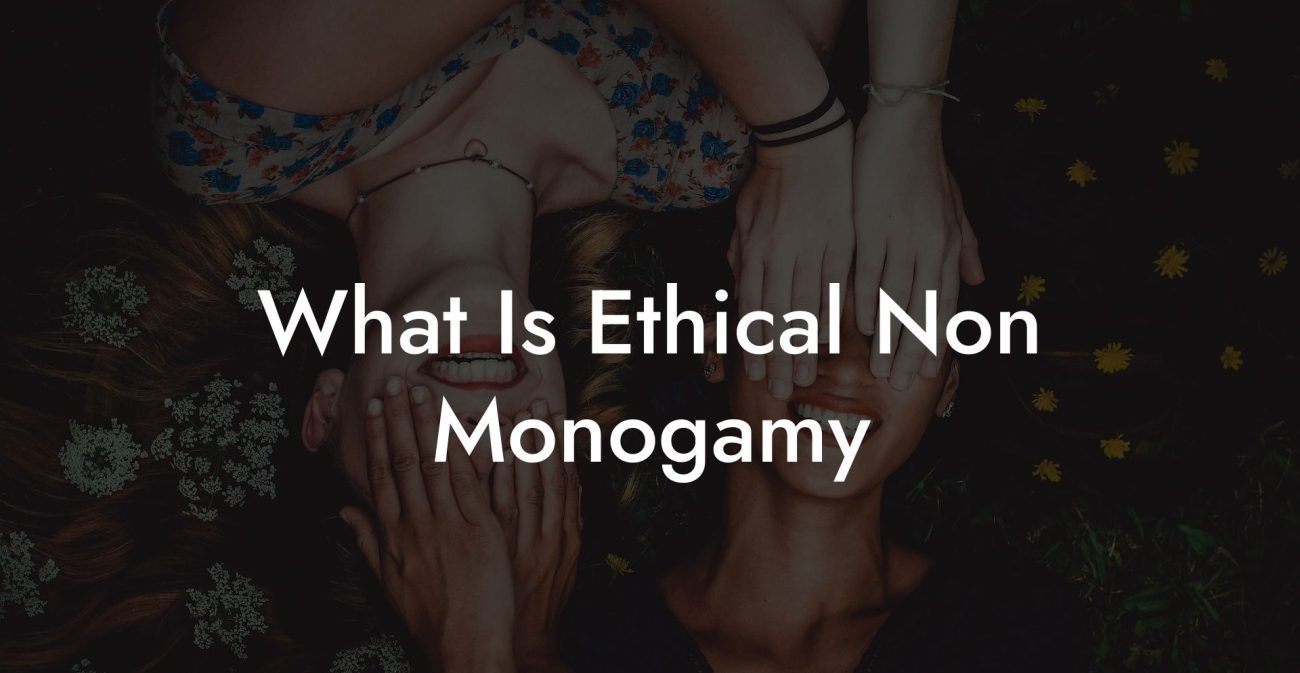Most people associate the word "consensual" with sexual encounters, but the concept goes beyond that. In the context of relationships, having consent is essential, regardless of whether it's an intimate, emotional, or social interaction. Though consensual non-monogamy and polyamory are gaining popularity, they often face backlash, misunderstandings, and skepticism. Introducing the term "ethical non-monogamy" helps reframe the conversation, focusing on the genuine care and communication that goes into such relationships.
Another Word For Consensual Table of Contents
Ethical vs. Unethical Non-Monogamy
Evolving Terminology: Why Ethical Non-Monogamy is a Better Term
What is Ethical Non-Monogamy?
Ethical non-monogamy (ENM) is another word for consensual non-monogamy, which describes relationships where all parties involved agree to maintain multiple romantic and/or sexual connections. It refers to a variety of relationship structures, including:
- Polyamory: forming multiple, committed emotional and romantic connections.
- Open relationships: established couples agreeing to explore additional connections (primarily sexual) outside of their relationship.
- Swinging: couples participating in explicit, recreational activities, often with other couples or individuals at designated events or parties.
Though the specific terms may vary, the core principle in ENM is that it’s based on mutual consent and respect for everyone's wishes and desires.
Ethical vs. Unethical Non-Monogamy
Unethical non-monogamy—such as cheating, lying, or manipulating—causes pain and mistrust. Ethical non-monogamy, on the other hand, revolves around honest communication, transparency, and consent from all parties.
Key Aspects of Ethical Non-Monogamy:
- Consent: All parties voluntarily agree to the relationship structure, expressing their needs and boundaries.
- Communication: Remain open and discuss feelings, experiences, and updates on new relationships or experiences.
- Responsibility: Acknowledge one's actions and be accountable for maintaining the pre-established boundaries.
- Respect: Prioritize the emotional and physical well-being of everyone involved, including metamours (partners' partners).
- Trust: Foster a sense of reliability and faithfulness within the primary relationship and any additional relationships.
Evolving Terminology: Why Ethical Non-Monogamy is a Better Term
While "consensual non-monogamy" focuses on the aspect of agreement between partners, "ethical non-monogamy" emphasizes the broader scope of compassion, communication, and care that ought to go into these relationships.
Using the term "ethical" not only highlights the importance of transparency and respect but also helps to challenge society's negative assumptions about non-monogamous relationships. Ethical non-monogamy strives to destigmatize the concept, proving that such relationships can be loving, supportive, and, most importantly, consensual.
Another Word For Consensual Example:
To better understand the nuances of ethical non-monogamy, consider the following example. Alex and Taylor have been in a monogamous relationship for a couple of years. After attending a workshop on non-monogamy, they feel intrigued by the idea of exploring this dynamic.
Both individuals openly discuss their feelings, desires, and concerns. They agree to be completely honest and transparent throughout the process, understanding that this transition might require various adjustments. Eventually, they decide to open their relationship and establish ground rules to ensure consent, respect, and trust at every step.
As they start introducing new connections into their lives, they regularly communicate how they feel and grow stronger as they learn together. This process is a continuous and evolving journey, demonstrating the importance of maintaining ethical practices in non-monogamous and polyamorous relationships.
Ethical non-monogamy serves as a more inclusive term that encapsulates the numerous ways people can engage in consensual, multiple relationships. If you found this article insightful, we encourage you to share it with others who may benefit and explore more of our content on understanding and navigating the world of non-monogamy, monogamy, and polyamory. The Monogamy Experiment strives to provide a comprehensive guide to these relationship structures so our readers can make informed decisions about their paths to love and connection.













